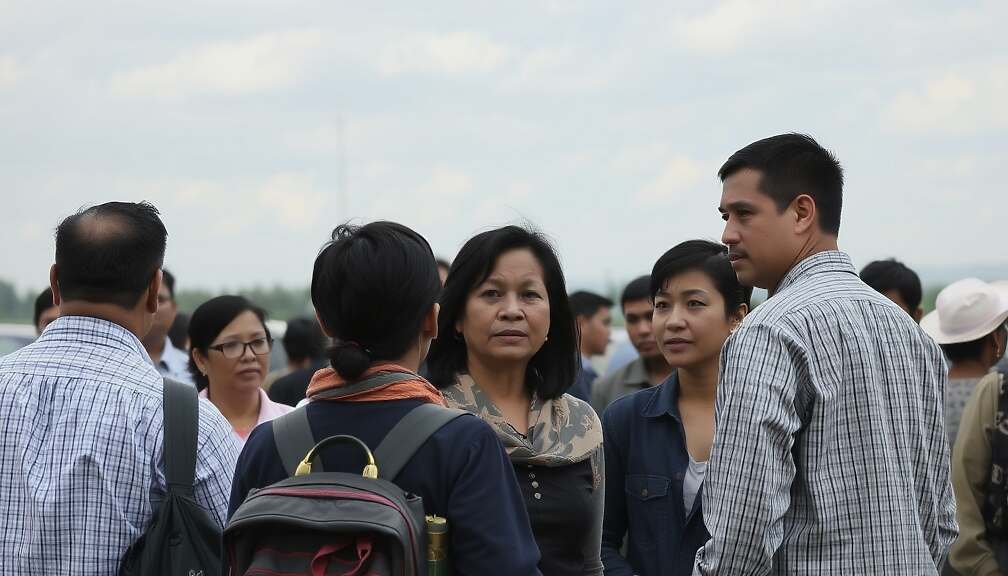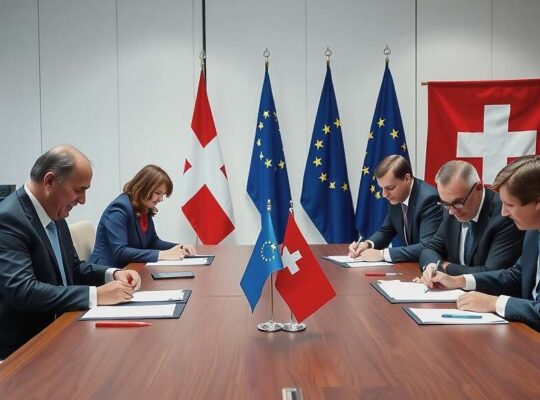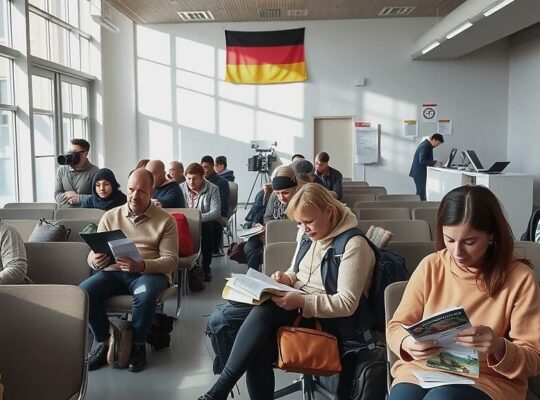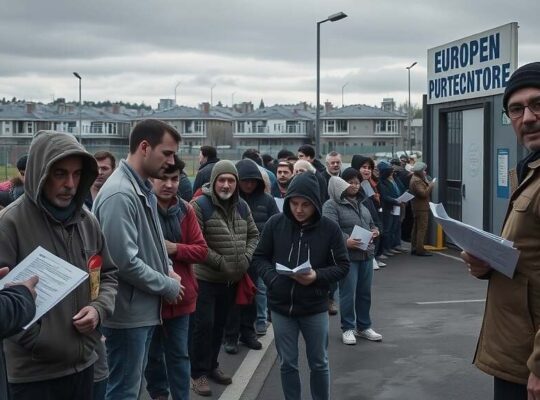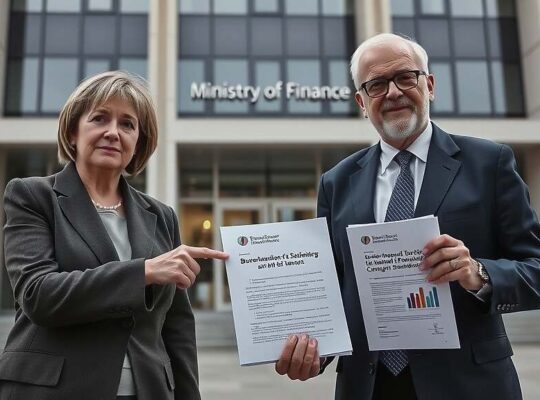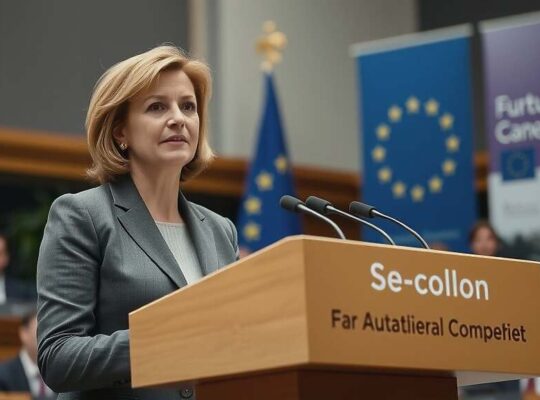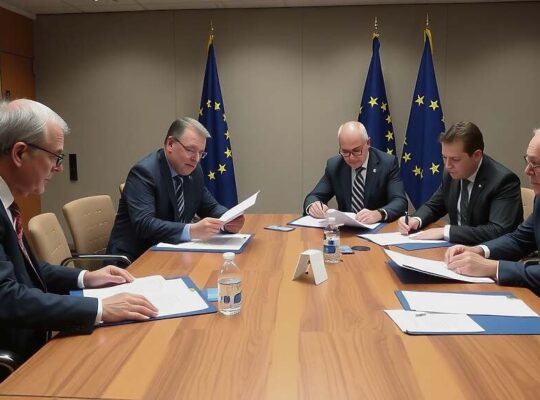The proposed EU solidarity mechanism for asylum seekers is facing significant headwinds, particularly from within Germany’s governing coalition, raising serious questions about its viability and equitable implementation. Alexander Throm, the CDU’s interior policy spokesperson, voiced strong reservations, asserting that Germany will not accept asylum seekers transferred from other EU member states unless all nations demonstrably fulfill their legal obligations regarding the return of those who have continued their journey onward.
Throm’s critique centers on the persistent failure of the Dublin Regulation, the framework governing responsibility for asylum claims, which stipulates that the country of first entry is primarily responsible. “For years, our EU partners have not taken back asylum seekers who have continued traveling illegally, despite being legally obliged to do so. These Dublin transfers simply aren’t functioning” he stated, highlighting the consequent strain on Germany’s resources. He pointed to the disproportionate burden faced by Germany, where a significantly higher number of asylum seekers reside compared to almost any other EU nation, effectively negating any potential benefit from a solidarity mechanism.
The EU Commission is scheduled to present a report on the migration situation across the bloc on October 15th, including an assessment of which member states are currently experiencing the highest “migration pressure”. These nations would, under the new system, be eligible for support from other EU members, potentially through the relocation of asylum seekers, a key component of the mandatory solidarity mechanism.
While Sonja Eichwede, the SPD’s deputy parliamentary group leader, emphasized the need for joint solutions and expressed confidence in solidarity among member states, her comments acknowledge the potential for complex negotiations regarding the structure of the mechanism. She stressed the importance of reciprocity, characterizing solidarity as not a “one-way street.
The German Interior Ministry has cautiously welcomed the forthcoming Commission report, signaling an intention to thoroughly evaluate the proposals before participating in decisions regarding the scope of the solidarity pool planned for 2026. The Ministry highlighted Germany’s already stretched capacity for reception and integration, a consequence of persistently high levels of asylum arrivals since 2015 and demanded this reality be considered during any assessment.
The debate exposes a fundamental impasse within the EU’s asylum policy. Germany’s resistance underlines the deep-seated reluctance of some nations to share responsibility, while underscoring the practical challenges of creating a truly equitable system that doesn’t simply shift the burden rather than address the root causes of irregular migration. The success of the solidarity mechanism and indeed the future of a unified European asylum policy, hinges on whether these underlying tensions can be resolved and a commitment to genuine burden-sharing can be achieved.


